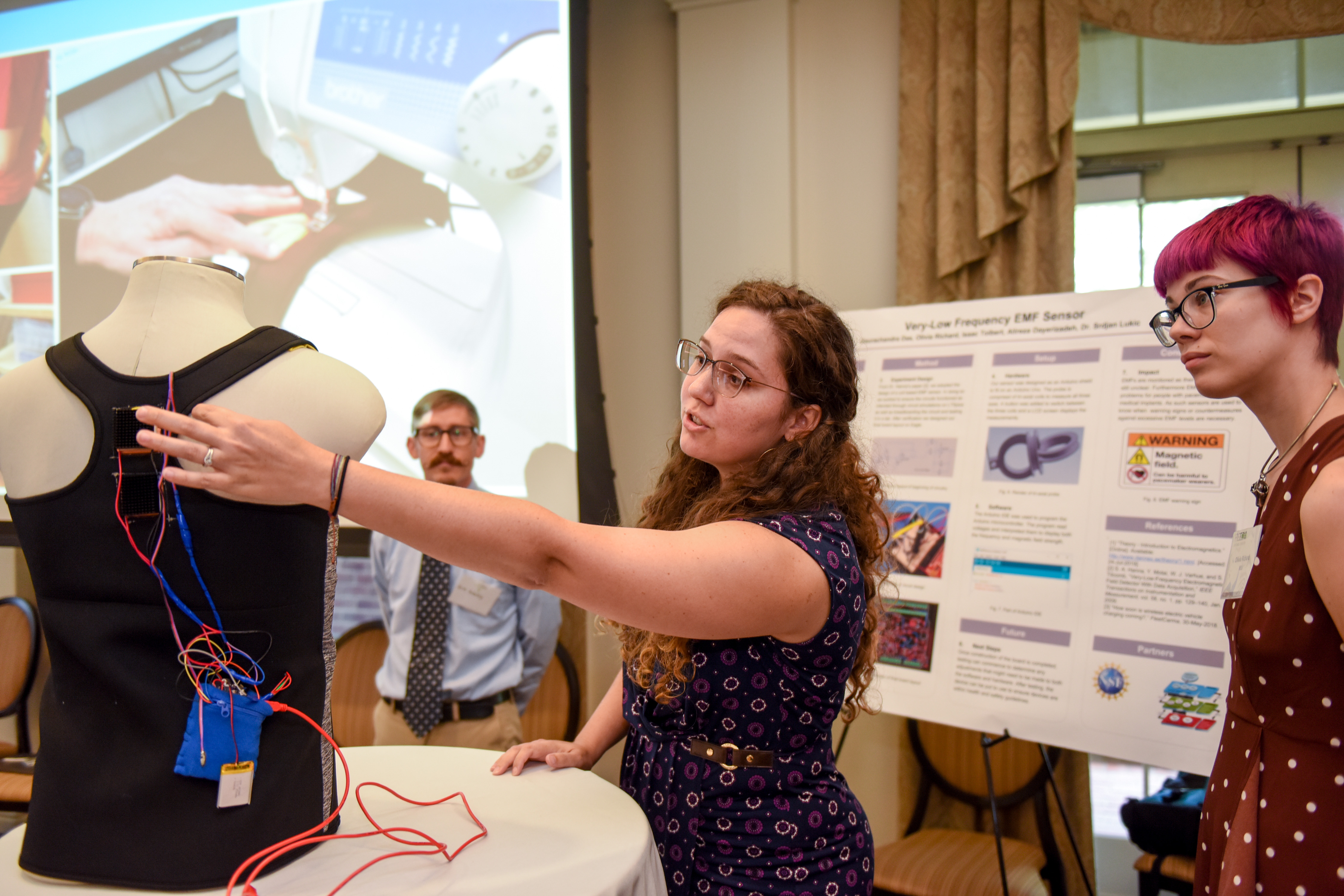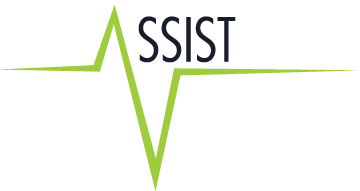Undergraduate Academic Program
Undergraduate Academic Programs at ASSIST seek to strategically motivate a diverse group of students to pursue graduate study and careers in nano-science and technology. We have excellent opportunities for undergrads to explore different aspects of this fascinating field. ASSIST partnering institutions offer a variety of similar programs on their respective campuses.
- Minor in Nano-Science and Technology
- Program of Study
- Admission and Certification of Minor
- Undergraduate Curriculum at Partner Universities

Get in touch & learn more about the undergraduate academic program!
Contact our Education Director
Minor in Nano-Science and Technology
The Center for Advanced Self-Powered Systems of Integrated Sensors and Technologies (ASSIST) is offering a minor in Nano-Science and Technology for any student enrolled in an engineering curriculum. Students will be trained in the fundamentals of nano-scale materials, devices, and systems for a broad variety of applications. This is a multidisciplinary program consisting of courses from a variety of engineering disciplines. Completion of this minor will prepare undergraduate students for the global workforce by combining technical training in nano-science and technology with diversity awareness, engineering ethics, and an understanding of global issues in science and technology.
This is an 18 credit hour program that includes one required introductory course, three technical elective courses, and two general education elective courses. All courses counted for the minor must be completed with a grade of “C-” or better. Students may not take minor coursework on a credit-only (S/U) basis.
Program of Study
Required & Eligible Elective Courses
Required Course: E304 Introduction to Nano-Science and Technology
This multi-disciplinary course provides an introduction to scientific principles and applications of nano-science and technology to students coming from a wide variety of backgrounds. The course takes a systems-based approach to demonstrate how different nano-concepts come together to create systems with unique functions and characteristics. Nano and macroscale systems are compared to emphasize the fundamental differences between phenomena at different scales. This course is the required introductory course for the Nano-Science and Technology minor, but it can also be taken as an elective.
Prerequisites: C- or better in MA 242 and PY 208
Instructors: Dr. Elena Veety (Fall), Dr. Mehmet Ozturk (Spring)
List of Technical Electives (9 credit hours required, 3 must be outside of home department)
- CHE 465 Colloidal and Nanoscale Engineering
- CHE 460 Nano-Electronic Materials
- BEC/CHE 462 Fundamentals of Bio-Nanotechnology
- BME 422 Fundamentals of Biomedical Instrumentation
- BME 425 Bioelectricity
- BME 412 Biomedical Signal Processing
- TE/BME 466 Polymeric Biomaterials Engineering
- MAE 495 Special Topics in MAE (Topic must be approved by advisor)
- MSE 460 Microelectronics Materials
- MSE 465 Introduction to Nanomaterials
- ECE 404 Introduction to Solid-State Devices
- ECE 442 Integrated Circuit Technology and Fabrication
- ECE/CHE 468 Conventional and Emerging Nanomanufacturing Techniques and Their Applications in Nanosystems
List of General Education Electives (Pick 1 from each category)
Engineering Ethics
- STS 302 Contemporary Science, Technology and Human Values
- STS 304 Ethical Dimensions of Progress
- PHI 325 Bio-Medical Ethics
- PHI 375 Ethics
Diversity and Global Issues in Science and Technology
- STS/WGS 210 Women and Gender in Science and Technology
- STS 214 Introduction to Science, Technology, and Society
- PS 314 Science, Technology, and Public Policy
Admission and Certification of Minor
To apply for the minor, you must fill out the following two forms and set up an appointment to meet with Dr. Elena Veety.
ASSIST MINOR APPLICATION
Click here
DECLARE A MINOR (NCSU)
Click here
Undergraduate Curriculum at Partner Universities
- The University of Virginia currently offers both an undergraduate focus area in nano-medicine engineering and an expanded concentration in nano-scale science and engineering.
- Florida International University offers an undergraduate concentration in nano-technology.
- Penn State University currently offers a nano-technology undergraduate minor and a certificate in nano-technology.
